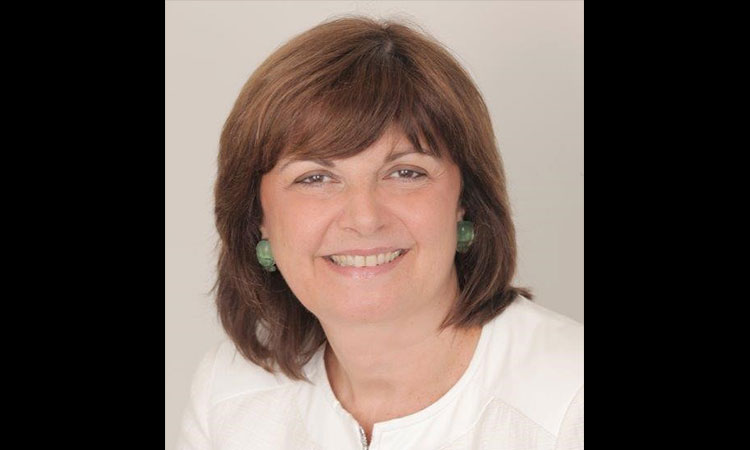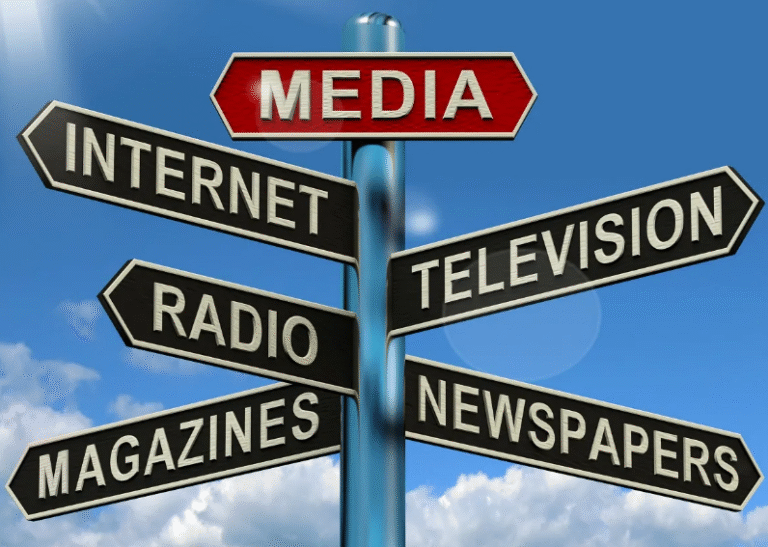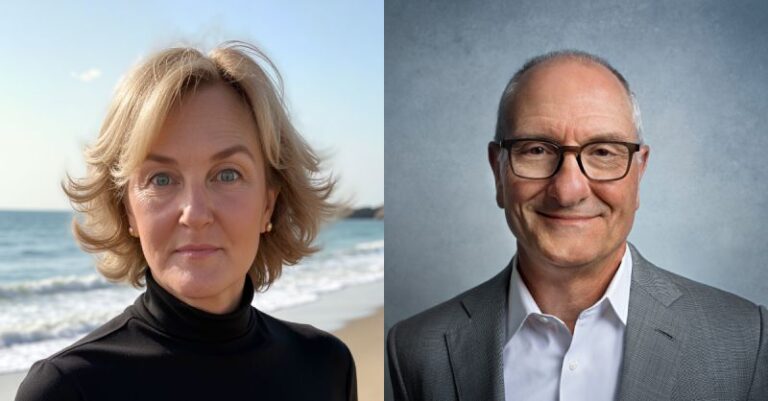Laura Schoen, President, Global Healthcare, Weber Shandwick-IPG and member of the Executive Committee of the Coalition for Healthcare Communication
“Fake news” is front and center in the national debate, but its impact on healthcare communications is underestimated. Healthcare professionals (HCPs) have always relied on third-party endorsers from important media outlets to educate the public on health issues. If traditional influencers lose their credibility, how can disease-awareness campaigns have the weight they need to drive change?
The established media is an important ally to industry in educating consumers (and even HCPs), driving disease awareness and announcing new treatments. These efforts contribute to better health, increased early detection and greater discussion about treatment options that match patients’ personal needs.
But with many Americans now skeptical of journalism and medical experts, who will lead the battle for better health? The most distrustful communities also tend to be the ones with the worst health stats, such as high incidence of cardiovascular disease, addiction and suicide.
The potential harm that unfiltered and biased health information can have is alarming. We already have seen its impact in areas like children’s vaccines.
What is the future of the healthcare communications industry, which is fact- and data-driven, in a world where facts don’t seem to matter anymore?
(Previously published as “Coalition Speaks” in the July 21 edition of SmartBrief for Health Care Marketers)




